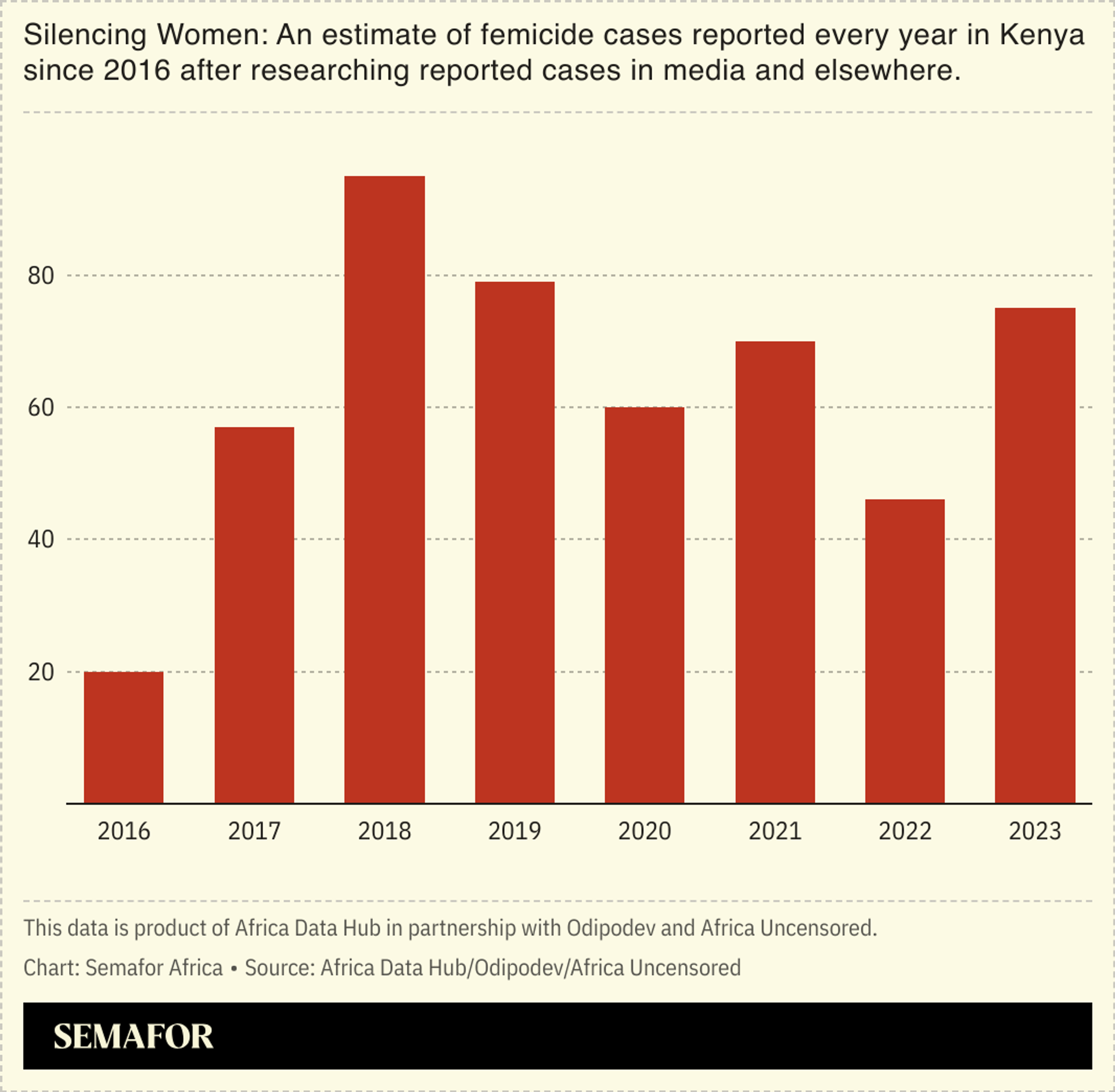U$A
Employers Don't Want to Pay for Life-Saving Cures for Rare Diseases
By Gerry Smith
September 05, 2024

(Bloomberg)
(Bloomberg) -- As a wave of gene therapies with multimillion-dollar price tags hit the market, many employers are dropping coverage and leaving families in a bind.
For Amanda Reed, the blows came one after another, a gut-punch introduction to motherhood.
Newborn screening this spring revealed her twin boys had a rare inherited condition called spinal muscular atrophy, or SMA. The severe form can be fatal by the age of two if left untreated.
The good news: a gene therapy called Zolgensma could potentially cure them. Then the bad: It would cost $4.2 million to treat both boys. Reed’s employer, the nonprofit hospital owner Mosaic Life Care in St. Joseph, Missouri, had recently decided to stop paying for gene therapies, the world’s most expensive treatments.
“My heart sank,” Reed recalls. A relative started a GoFundMe campaign to raise money for the twins, Eli and Easton, to get Zolgensma. But SMA, which hobbles production of a protein that muscles need to function properly, doesn’t wait, and time was running out.
“It was horrible,” Reed said in an interview. “I thought, ‘Am I going to lose my boys?’”
A lifeline for patients, gene therapies pose a financial threat to employers. From smaller organizations like Mosaic to behemoths like Walmart Inc., employees in need of them have been put in the awkward position of fighting with the people who sign their checks, or pleading for donations on social media.
State and federal laws prevent insurance companies from denying coverage for pre-existing conditions, like the inherited diseases that gene therapies aim to fix. But organizations that self-insure, meaning they pay health care bills directly and only use insurance companies to administer their plans, aren't required to cover all treatments and they can reject some to save money.
About two-thirds of US workers get health coverage from organizations that self-insure, according to the health policy research group KFF. There isn’t widespread outrage over gene therapy denials now because they’re sporadic and treat diseases that are exceedingly rare. But those numbers are changing.
There have been nearly 20 gene therapies approved in the US for diseases ranging from muscle conditions like SMA to blood disorders such as sickle cell disease and hemophilia. That’s expected to rise to 85 by 2032, according to researchers at Tufts Medical Center, costing as much as $40 billion over the next decade. Employer health-care costs are projected to jump by almost 8% next year, the most in more than a decade, partly because of gene-therapy costs.
Companies are excluding gene therapies from their health plans because they worry they will be too expensive, said Mark Trusheim, strategic director for NEWDIGS, a group at Tufts that studies how to pay for new medicines. Some large employers with low-wage workers are telling them to seek coverage for high-priced medical treatments from state Medicaid programs, he said. More than one-third of employers exclude or plan to exclude drugs for rare diseases, which include gene therapies, according to a survey published in 2021.
"We're going to wind up with very thin insurance plans for many employees who have very few alternatives,” Trusheim said. "This is a real problem that gene therapies are uncovering.”
Life or Death
The high prices and lack of insurance are a blow for workers, who often thought they had coverage. The cost shifting adds to the pressure as they deal with what can be life-or-death implications of a rare disease diagnosis.
Gene therapies are typically infused in one session. They modify a person’s DNA, the blueprint for life, to fix the underlying cause of an inherited condition. They’re so new that their long-term effects aren’t yet clear. But because they hold the promise of a cure that would avoid a lifetime of treatment, drugmakers charge millions of dollars for a single dose.
Some insurers refer to getting a bill for a gene therapy as a “lightning strike.” For organizations that pay health costs directly, especially smaller ones, it can be an existential threat.
At Mosaic, the issue of Eli and Easton’s care was a public-relations disaster. Local TV stations interviewed the Reed family at the hospital, showing images of the twins swaddled in blankets with tubes in their noses.
Users of X, the social-media platform formerly known as Twitter, piled on the pressure. Some posted pictures of Mosaic Chief Executive Officer Mike Poore, who said he got death threats.
“We need to shame these people and go after them so they do the right thing,” one X user wrote. “Save these kids Mike.”
Poore blames Zolgensma’s manufacturer, the Swiss pharmaceutical company Novartis AG. Mosaic, which runs four hospitals and dozens of clinics in the Midwest, sets aside about $56 million annually for the health care costs of its 4,700 employees. Two doses of Zolgensma for the Reed twins would have amounted to almost 8% of the annual budget.
“I don’t see how you can charge an exorbitant amount for a drug,” Poore said. “Somehow, as a society, we’ve got to figure out a way to make these things affordable.”
A Novartis spokeswoman declined to comment on an individual case, but said nearly all US patients have insurance coverage for it.
Critical US Market
Manufacturers of gene therapies are relying on US sales because they've struggled to get traction in other countries.
The first gene therapy approved in Europe, the $1 million blood-fat treatment Glybera, was withdrawn after getting few takers. Bluebird Bio Inc. pulled its rare blood disorder therapy in Germany in 2021 after failing to set a price with health authorities, while Biomarin Pharmaceutical Inc. was able to enter the country after agreeing to charge a significantly lower price than it does in the US. Though three-fourths of the world's sickle cell disease patients live in sub-Saharan Africa, they have little access to two new gene therapies for it due to the steep cost.
In the US, employers aren't the only ones taking a hard line. Several state Medicaid programs — whose limited budgets aren’t designed to cover the hefty upfront payments — have put restrictions on eligibility, according to a study commissioned by the American Society of Gene & Cell Therapy. Earlier this year, the Biden administration announced a plan to make it easier for states to pay for gene therapies, in part by requiring manufacturers to offer refunds if the treatments don't turn out to be lifelong cures.
Kelly Maynard, who runs an advocacy group that helps patients with Duchenne muscular dystrophy, said about 70% of her cases involve self-insured employers excluding gene therapies. Her organization has been able to get those decisions overturned.
“It’s a huge problem,” said Maynard, who is president of the Little Hercules Foundation. “We need a policy fix for this badly.”
Major companies that self-insure can usually mitigate their risk by spreading costly medical bills over an extensive pool of workers. But the process can be complicated or drawn out, even at the largest employers.
María Colón-Robles’s 4-year-old son, Adrián Mateo, has Duchenne muscular dystrophy. Last year, she tried to get him a new gene therapy for the inherited condition that causes a progressive loss of muscle and can kill patients in their 20s.
The $3.2 million treatment was initially rejected by Walmart, which employs Adrián’s father and provides his insurance. The story gained traction in Puerto Rico, where the family lives, and the company reversed course. In April, they traveled to Texas to get Adrián his first infusion of Elevidys, made by Sarepta Therapeutics Inc.
He’s now doing things he couldn’t do before, like taking off his shirt, Colón-Robles said. Though she’s grateful that Walmart ultimately paid for her son’s treatment, she’s still frustrated. “They should have complied from the beginning,” Colón-Robles said in an interview. “They didn’t listen to our complaints.”
Walmart said it’s focused on providing high-quality, affordable health care. It pays for medically necessary, proven gene therapies, including Elevidys, when certain criteria are met, and will monitor emerging treatments for future consideration, a spokesperson said.
Novel Approaches
Some insurers are getting creative. Cigna, CVS’s Aetna division and UnitedHealth are selling Netflix-like subscriptions where companies pay a monthly fee — often less than $2 a month per employee — for access to gene therapy. A startup, Quantile Health, plans to offer its own subscription product next year. A self-insured employer with 500 workers would pay about $250 a year to get access to a gene therapy, said Quantile Health co-founder Yutong Sun. Otherwise, for smaller companies, one or two gene therapies could wipe out their entire annual health care budget.
“They just don’t have the cash to pay for the treatment,” she said. “And you’re in the horrible spot of denying life-saving medicines.”
In early May, after facing a backlash on social media, Mosaic announced the creation of a $3.4 million fund to help pay for gene therapies. By then, the Reed family had secured insurance through Missouri’s Medicaid program, after a state lawmaker helped expedite their case.
“It just felt like they were trying to save face,” Reed said of Mosaic. She recently left her job to take care of her boys full-time.
Eli and Easton got their first infusion of Zolgensma on May 14, covered by Medicaid. Today, they are kicking their legs, moving their arms and so far showing no symptoms of the muscle weakness that comes with SMA.
--With assistance from Sophia Vahanvaty and John Tozzi.
©2024 Bloomberg L.P.














